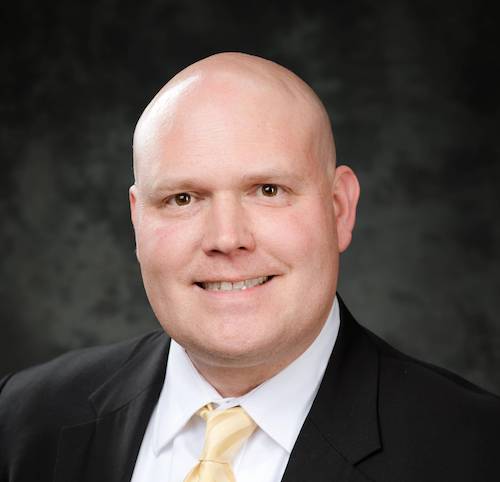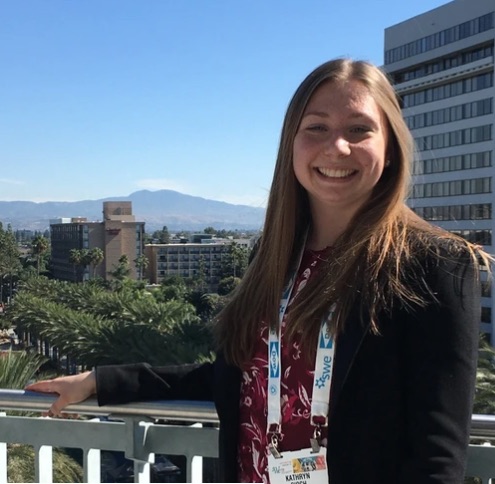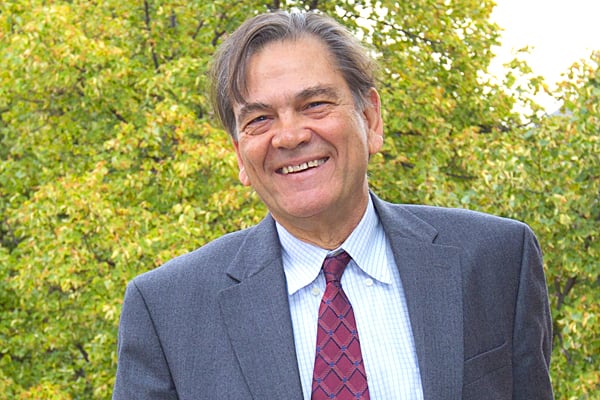Michigan Technological University
Department of Mechanical Engineering-Engineering Mechanics
Opportunity Summary
Seeking applications for 2 PhDs student in the area of marine renewable energy (e.g., offshore wind, wave) and control (or machine learning). The students will receive full financial support including a stipend and tuition coverage. The candidate will be working with the research group lead by Dr. Shangyan Zou investigating the modeling, control, networking, and swarm behavior of marine renewable energy systems to improve the economic index of marine renewables. In addition to the theoretical and numerical development, the candidate will also have opportunities to gain hands-on experience by working with the wave tank at Michigan Technological University. Furthermore, the candidate also will have the opportunity to work in Lake Superior and conduct experiments in the lake with the Research Vessel. You can expect a very productive working environment as well as a very effective personal mentorship from the PI in addition to academic support.
In general, the candidate will be responsible for supporting the initiative and contributing to the research projects through literature review, mathematical modeling, experimental testing, data organization, data collection, data analysis, preparing for research presentations, preparing manuscripts for journal submission, and other research-related duties as assigned.
Dr. Zou’s lab is in the Department of Mechanical Engineering-Engineering Mechanics at Michigan Tech. We have an interdisciplinary collaboration with universities (e.g., Oregon State University), national labs (e.g., National Renewable Energy Laboratory), and industries (e.g., OscillaPower) which will be a great opportunity for the candidate to work with people from a diverse background.
Why Should You Apply
Dr. Zou’s lab seeks highly motivated, honest, self-driven individuals from a variety of backgrounds in our investigations. The research questions that we are trying to address including:
- How to develop/apply new controls (as well as machine learning techniques) to improve the performance (optimality and robustness) of ocean renewable energy systems?
- What is a good model to describe the behavior of Wave Energy Converters (both rigid body or deformable body) which is computationally efficient and has a good agreement with the experiments?
- Can we use wave power for small non-grid applications (e.g., water desalination, UUV charging, oceanographic measurements)?
- How can we introduce multi-agent system techniques to optimize the performance of a swarm of ocean renewable energy systems (as well as other devices like UUVs)?
If any of the research questions excite you, please reach out!
Required Background
- MS (preferred) or BS in Mechanical Engineering, Civil Engineering, Electrical Engineering or other related fields
- Solid programming skills and some hands-on experience (e.g., 3-D printing, hardware communications). Hands-on experience with robotics or wave tank will be a plus but not necessary.
- Introductory background in dynamic systems and control, fluid mechanics. Deep background of Fluid Mechanics will be a plus but not necessary.
- Strong communication skills and used to a teamwork environment
- Solid writing skills and experience with presentation or article writing
Desired Background
Candidates should demonstrate at least one of the following strengths:
- Experience with modeling and control of ocean renewable energy systems (e.g., ocean wave, offshore wind)
- Experience with wave tank testing, hardware communication, or sensor measurements
- Experience with fluid-structure interaction
- Experience with control theory, state estimation, or multi-agent systems
- Experience with robotics (both numerical and experimental)
How to Apply
Send your CV and a brief statement of interest (1–2 pages) to shangyan@mtu.edu. In your statement of interest, please clearly highlight your strengths as one (or more) of the listed items. In addition, please send your application with the subject line: “Applying for PhD student position on marine renewables”.







![Preview image for The Impact of Relative Humidity on The Porosity and The Structure of PEM Fuel [...] - Karrar Alofari video](https://i.ytimg.com/vi/iX_fybbH6js/maxresdefault.jpg)




